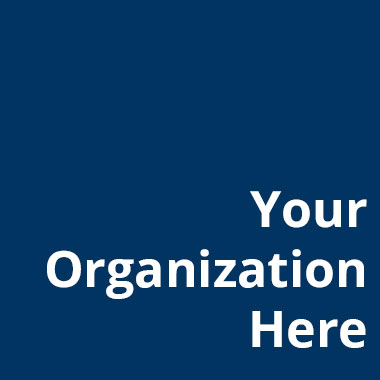ISA Webinar Series | Past Webinars 2020ISA Fall 2020 Industrial Policy SeriesWednesday, September 23rd | 12:00-1:15pm ET; 1:15-2:00pm Zoom breakout discussion rooms Left, Right, and Center Discuss Federal Industrial Policies From the 1790s through the 1920s, federal decision-makers deemed industrial policies essential for U.S. economic development. Since the Great Depression, though, this view was replaced by a focus on macroeconomic policies. While supplemental, ad hoc, and ephemeral industrial policies have continued to exist, the federal government has not sought to monitor and deliberately shape the nation’s sectoral structure for 90 years. Indeed, the predominant view has rejected such a policy as interference with efficient markets. In the wake of declining U.S. industrial competitiveness and associated economic impacts, calls for renewed reliance on a comprehensive set of industrial policies have recently emerged from thinkers across the ideological spectrum. This session explores these ideas and the extent to which they are shared, or not, by the left, right, and center. Panelists:
Ellen Hughes-Cromwick, Senior Fellow, Third Way
Wells King, Research Director, American Compass
Andrew Stettner, Senior Fellow, The Century Foundation
Moderator: Andrew Reamer, The George Washington University Wednesday, October 21st | 12:00-1:00pm ET; 1:00-2:00pm Zoom breakout discussion rooms Identifying and Supporting Industries of the Future Many countries seek to identify and target support to industries that their governments believe will grow and provide other social benefits in the future. Chalmers Johnson’s 1982 MITI and the Japanese Miracle famously described how Japan did so, triggering a debate in the United States. The issue remains lively in Washington policy circles, as shown by the Trump administration’s proposed Industries of the Future Program. This session will place the current debate in historical context, describe the administration’s proposal, and provide perspectives on it from the executive and legislative branches. Panelists: Moderator: Wednesday, November 18th | 12:00-1:00pm ET; 1:00-2:00pm Zoom breakout discussion Industrial Policies and National Security Since George Washington’s first annual message to Congress, the federal government has sought to ensure that the nation’s industrial base can adequately fulfill its military needs. In the last 200+ years, innovations that emerged from military industrial policies include parts standardization, precision machine tools, radio, and the Internet. Today, dedicated units of the Defense Department -- particularly the Industrial Policy Office and the Eisenhower School in the National Defense University -- continue pursuit of President Washington's aim. In this session, speakers will describe and discuss current military industrial policy efforts and the industry studies that guide them. Panelists: Moderator: Andrew Reamer, George Washington Institute of Public Policy, George Washington University Wednesday, December 9th | 12:00-1:00pm ET; 1:00-2:00pm Zoom breakout discussion rooms The Present and Future of the Manufacturing USA Institutes The Manufacturing USA program, currently composed of 14 institutes in 11 states, aims to accelerate innovation and strengthen the competitiveness of U.S producers in specific domains, such as 3D printing, robotics, photonics, and digital design. Each institute brings together a diverse set of stakeholders spanning business, labor, and academia, as well as state and local governments. This session will describe how topics are selected, how the institutes are organized, and how well they have performed, as policy-makers consider whether to maintain, expand, or eliminate the program. Panelists: Moderator: ISA Summer 2020 Webinar SeriesWednesday, June 10th | 12:00-2:00pm ET; 75 minute presentation followed by 45 minute discussion/Q&A Each year, the session at our annual conference that draws the largest and most enthusiastic crowd is when our award winning scholars give the “behind the scenes” story of their research – where the original idea came from; struggles and triumphs in the search for access; surprises, setbacks, and serendipitous moments while collecting data; “aha’s” along the way; reaction and impact after releasing the research findings; lessons for scholars, practitioners, & policymakers. Winners of:
Wednesday, June 17th | 12:00-2:00pm ET; Paper presentations followed by Q&A/Discussion Artificial Intelligence (AI) will significantly affect how firms create value and how they function as organizations in the future. This session is intended to generate new ideas and insights into how AI will affect the nature of innovation, entrepreneurship, and technology management in the coming years. Format:
Papers
Wednesday, June 24th | 12:00-2:00pm ET The co-authors of "Designing Reality: How to Survive and Thrive in the Third Digital Revolution" (Basic Books, 2017) will introduce the concept of self-sufficient production. The blend of ancient forms of self-sufficiency with modern digital fabrication technologies represents a third digital revolution (following digital communication and digital computation). Like communication and computation, digital fabrication is expanding in scale and scope at an accelerating rate. During the COVID-19 pandemic, fab labs, maker spaces, and rapid prototyping facilities are playing expanded critical roles with long term implications in society. |


